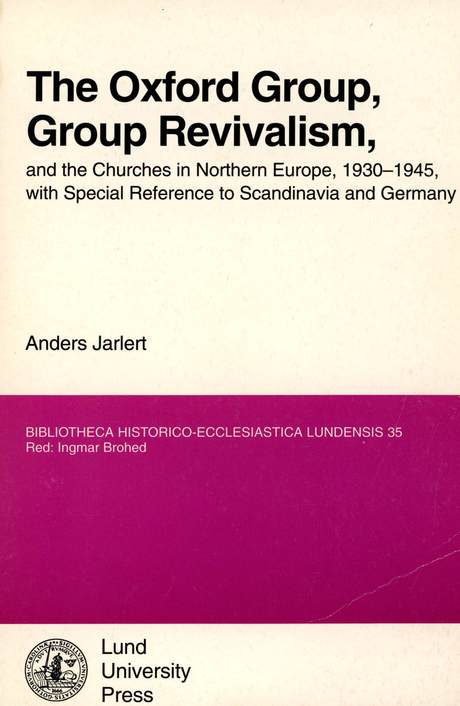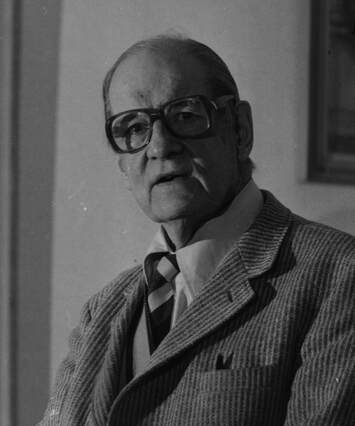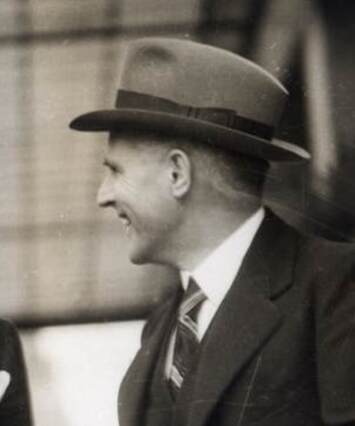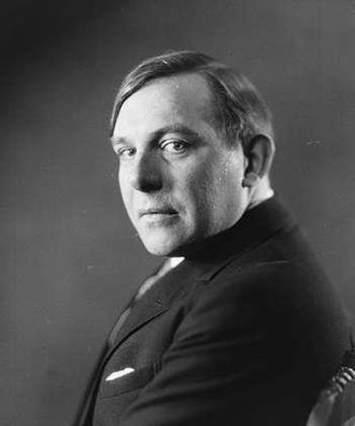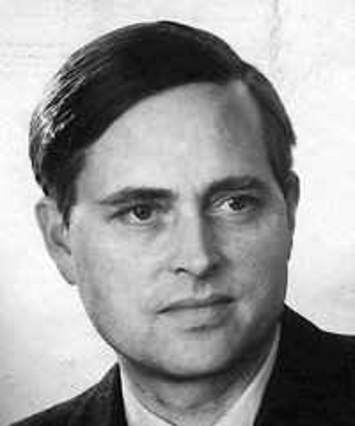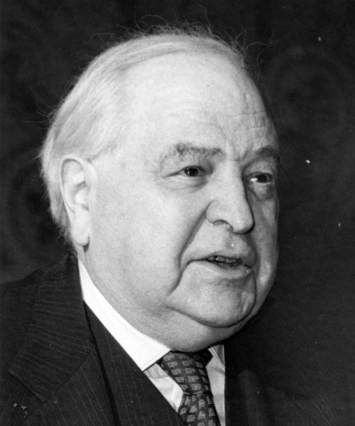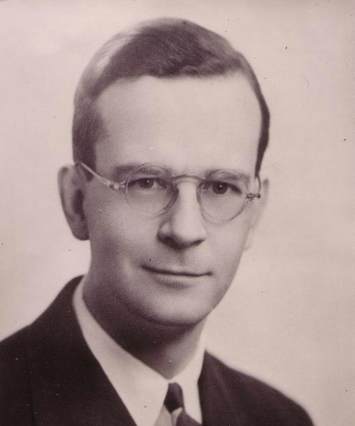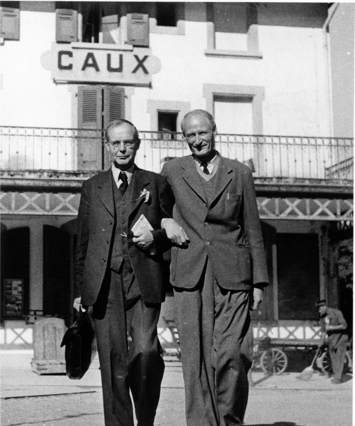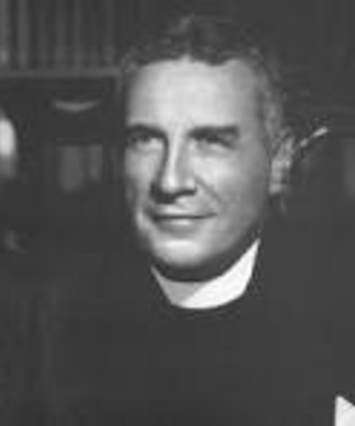ABSTRACT
In the 1930s, the Oxford Group changed emphasis from revivalistic personalism to social personalism on a national or supranational level, and presented a utopian alternative to National Socialism and Communism, expressed in 1938 as a strategy of moral rearmament, which from 1943 was interpreted as a democratic ideology, but as a movement it was called M.R.A. only after the war.
This study analyzes the development of and interaction between the Oxford Group, Group revivalism, and the Churches, according to general principles and structures, and follows the national development in Scandinavia and Germany. The network of the Oxford Group in fellowship with Frank Buchman is distinguished from independent Group revivalism, and Church Group revivalism.
In its encounter with the Lutheran national Churches, and totalitarian National Socialism, the Oxford Group faced new problems, and the national development is studied as four subsequent phases: the information, revival groups, Oxford Group, and isolation phases.
The study is based on literary sources, new-found duplicated reports and private letters, and gives a new, critical reading of the development, in previous accounts often spoiled by propagandistic or hostile purposes, or by over-emphasizing Frank Buchman's person.
PREFACE
The first idea of studying the Oxford Group came to me from one of its Swedish postcards, placed by my mother in her Bible. A second inspiration came from people to whom the meeting with Group revivalism meant a new personal beginning. A third - and perhaps the ‘guiding’ - event was when the Rev. Arthur Enander, an afternoon in the early 1980s, generously gave me a trunk full of books from and about the Oxford Group and Group revivalism.
As I conclude this project, I wish to express my thanks to several persons. First and most I thank Angelica, my wife, and our three sons, for sharing the loving ‘family team fellowship,’ and accepting the sometimes very demanding inclusion of my work in that fellowship. The book is dedicated to Edvard, who was born when this project was still a plan and has grown with the manuscript. This study could probably never have been completed without the inspiration and help of the late David Wiklund, who combined loyalty to the Oxford Group with a passion for critical research into its history, and opened many doors to me. In a period when I sometimes doubted the possibility and worth of my work, I was encouraged by the ‘sharing’ acquaintance of Sixten Ekstrand, at the time writing his doctoral thesis on the Oxford Group in Finland, and dealing with similar problems. Last but not least: the skilful assistance of Peder Carlsson has greatly improved my English and made a book out of my manuscript.
Many colleagues have given me assistance and shown patience. I wish to mention Professor Ingmar Brohed, who also has included this book in the Bibliotheca Historico-Ecclesiastica Lundensis.
I wish to express special thanks to Rigsarkivaren, Copenhagen, His Grace the Archbishop of Canterbury and the Trustees of Lambeth Palace Library, London, Riksarkivaren, Oslo, The Oxford Group and Moral Re-Armament Archives at Tirley Garth, and the Emil Brunner-Stiftung, Zurich, as well as to Asta Hee Andersen, Ruth Bentzen, Gurly Fangen Ekern, Aline Faunce, Hans Erik Fuglsang Damgaard, the late Monica Hassler, the late Dr. Oscar Hedlund, Inger Hogsbro, the late Garth Lean, Dr. Harry Lindström, Sydney Linton, Carin Malmberg, Dr. Erik Petrén, Dr. Staffan Runestam, Pierre Spoerri, Margareta Ulhagen, Erika Utzinger, Dr. Bertil Werkström, and Doris Wiklund, for giving me access to or guidance in archives or private collections.
I am grateful for loans of books and copies of manuscripts from public archives or libraries in Bergen, Berlin, Bielefeld, Copenhagen, Darmstadt, Gothenburg, the Hague, Helsinki, Karlsruhe, Kiel, London, Lund, Munich, New York City, Oslo, Oxford, Sigtuna, Speyer, Stockholm, Stuttgart, Turku (Abo), Upsala, Washington D.C., and Arhus.
For grants received I express my thanks to the Royal Society of Arts and Sciences in Gothenburg, Letterstedtska föreningen. I.unid Universitv, an the Wenner-Gren Center Foundation for scientific research. The publication of this book has been made possible through the generosity of the Swedish Council for Research in the Humanities and Social Sciences.
Gothenburg and Lund in March, 1995
English

